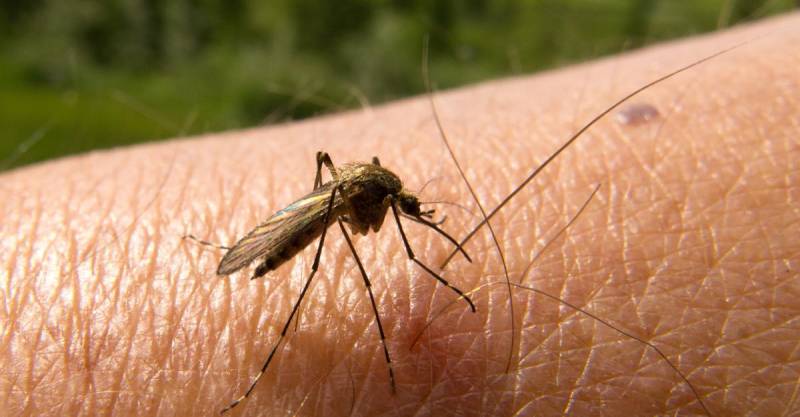While Pakistan deals with a multitude of issues, climate change is also one that requires utmost attention and effective policy making. The country at this point stands at number seven in the list of those countries likely to be the most affected by climate change.
A study carried out at the University of Agriculture Faisalabad, Implications of Climate Change on Human Health: An Agricultural Perspective, by Sobia Rose and Professor Muhammad Ashfaq points out that due to an increase in natural disasters and heat in this region, the risk on human health and may cause many diseases.
Malaria is one of the most prevalent diseases in Pakistan. It affects two per thousand people at this point in the country. However the ratio will increase with the worsening in weather conditions, suggests the report. Those working out in the open will be more affected and the outbreak will be difficult to control if no preventive measures are taken.
The problem lies with the malaria eradication program. While urban centres are carefully monitored, looked after and have good health care facilities; it is not the same for rural areas. And these rural areas make more than 60 percent of the population. This means that a larger chunk of the population, which does not have good health care facilities and is living on the margins, is at the risk of being affected by many diseases.
Diseases in the country cannot often be fully controlled because resources are not allocated properly and there is a lack of equity in the health care system. This leaves out the poor from getting the treatment that they deserve. In order to fight the upcoming challenge, it is necessary for the government to ensure commitment on all levels, and increase the investment in the health sector. Climate change is a very grave problem and if counter measures are not introduced, Pakistan will have to face the perils of inaction.






